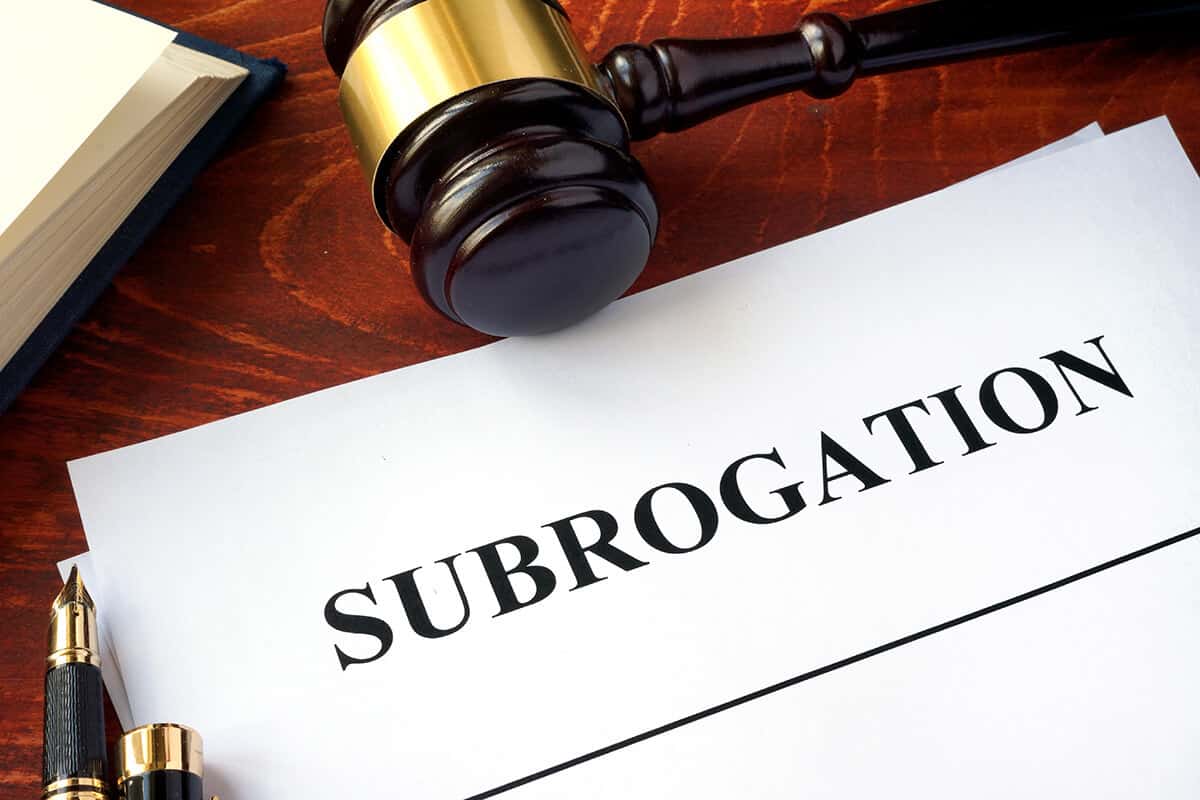If you have been injured in an accident and your health insurance company pays out money on your behalf so you can get the treatment you need for your injuries, something called subrogation will occur in your case. If another driver is found to be at fault for the accident, subrogation may allow your insurance provider to pursue recovery of any funds awarded through settlement or legal judgment in your favor. Understanding and responding to subrogation is often a challenging process that requires the assistance of an experienced Denver car accident attorney.
Table of Contents
Defining Subrogation
Subrogation means that one person or party (your health insurance provider) stands in the shoes of another (you). If your insurer has a right to subrogation, they are permitted to collect the money that they paid out for your accident-related medical care from your settlement or judgment. In short, subrogation gives the health insurance company the right to reimbursement for the money it initially gave you for the accident injury. If you have health insurance of any type that you plan to use or are using it for care related to your case, the question you should be asking yourself is: “Does my health insurance company have a right to be paid back out of my settlement; and if so, should the insurer be paid back in full, in part, or even at all?” Without proper representation, the insurer will not tell you. The insurer will simply demand reimbursement in full, which may be against Colorado and/or Federal Law.

Subrogation Example
Here is an example, Sarah was injured in a motor vehicle collision. She has health insurance, and her health insurance paid for the medical treatment that she received as a result of the motor vehicle collision. Sarah receives a settlement from the at-fault party’s insurance company. Once she settles, her health insurance claims may be entitled to a portion of her settlement in the amount her medical insurance paid for her treatment. Sarah’s health insurance is claiming a right to subrogation and is demanding reimbursement. Sarah needs to know how much her insurer should be paid. Only an experienced attorney who understands the complex and ever-changing subrogation and insurance laws can determine how much that health insurer should be paid back, if anything.
How Can an Attorney Provide Assistance With a Subrogation Claim?
After a settlement or judgment for a car accident is reached in your favor, your insurance provider may notify you of its right to reimbursement through subrogation law. An experienced car accident attorney will negotiate with your insurance provider on your behalf and can help you understand how much the insurance provider deserves from your settlement. Dealing with insurance adjusters on your own can negatively affect the financial support you receive after a judgment or settlement is decided in your favor. Remember that the insurance adjuster’s goal in subrogation is to get as much money as possible from the settlement.
Get Colorado’s Leading Attorneys on Your Side.
How Will I Know If My Insurance Provider is Pursuing Subrogation?
Your insurance provider is legally obligated to notify you when pursuing subrogation against a third party involved in your accident injury case. If your insurance provider files a subrogation claim against you that requires you to pay reimbursements, you will receive written notice through a subrogation letter. Receiving a subrogation letter does not necessarily mean that the insurance company considers you to be at fault for the accident.
What is a Waiver of Subrogation?
A waiver of subrogation is a document signed by an insured individual that prevents their insurer from collecting money from a third party through subrogation. In a car accident injury case, the waiver of subrogation prevents a health or car insurance provider from pursuing financial compensation from the driver at fault on behalf of the driver they insure. Your ability to sign a waiver of subrogation often depends on the terms of your insurance policy. Signing a waiver of subrogation usually allows for a more direct settlement with the driver at fault and is sometimes included within the terms of the negotiation process. Never sign a waiver of subrogation without first consulting your insurer and an attorney, or you may incur additional liability that allows your insurance provider to take legal action against you.
Do I Need an Attorney When Dealing With My Insurance Provider?
An experienced car accident attorney can examine your case and act on your behalf to reduce the value of a subrogation claim filed against you. Legal representation is important when working with insurance adjusters and defending the settlement reached in an accident injury case.
Contact the Paul Wilkinson Law Firm today or schedule a free consultation to discuss your options for handling a subrogation claim. For more information call Paul at 303-333-7285.
The Paul Wilkinson Law Firm is a team of personal injury attorneys in Denver, CO serving victims of car, truck and motorcycle accidents. Each of our lawyers is licensed with the Colorado State Bar (CBA) and specialize in injury law.
We've recovered tens of millions of dollars in personal injury settlements and verdicts for our clients. For 13+ years we've helped thousands of people get back on their feet after experiencing serious injuries. We will take your case to trial and get the maximum settlement possible.



